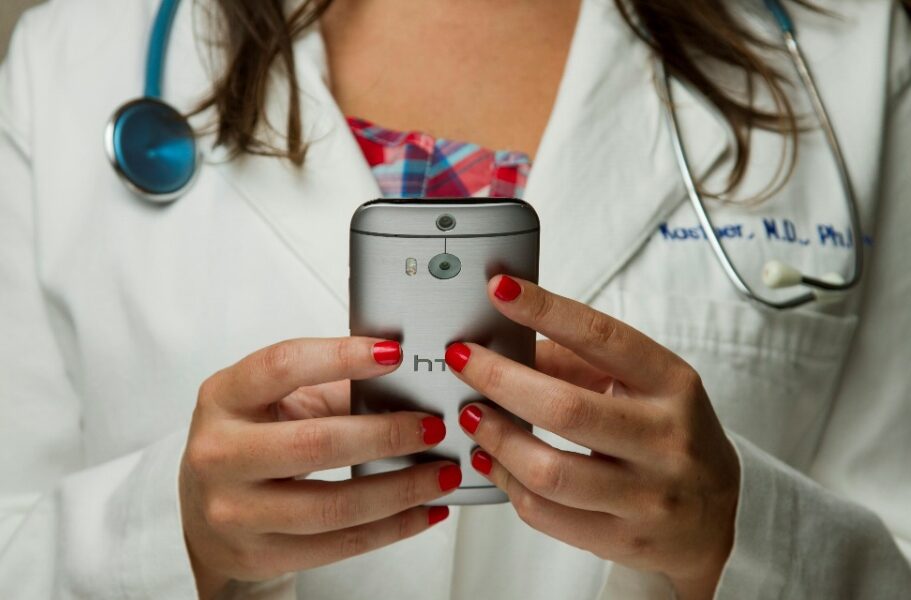TechBullion
3w
43

Image Credit: TechBullion
How Applied Technology is Reshaping Healthcare Training
- Applied technology is transforming how healthcare professionals acquire the skills required in an evolving healthcare environment.
- Simulation-based learning allows trainees to practice procedures using high-fidelity models that mimic real human anatomy.
- Wearable technology and IoT devices are becoming essential in monitoring trainee performance.
- A bachelors in applied tech allied health provides a foundation to address challenges in the healthcare industry with cutting-edge tools.
- Digital twins and predictive analytics allow learners to test treatment plans and predict outcomes without any risk to actual patients.
- AI and ML provide personalized and adaptive learning experiences for each learner, identifying strengths and weaknesses.
- Remote training has become an essential aspect of healthcare education, especially with the rise of telehealth.
- Integrating applied technology into healthcare training comes with challenges such as high costs and resistance to change.
- Collaborative partnerships between healthcare institutions, technology providers, and academic organizations can help share costs and expertise.
- Applied technology is reshaping healthcare training and institutions must balance innovation with practical implementation to ensure sustainable progress.
Read Full Article
2 Likes
For uninterrupted reading, download the app